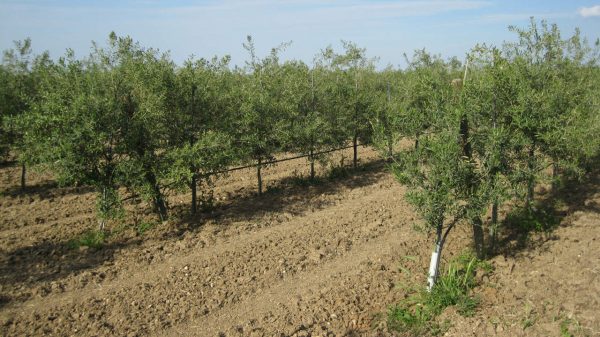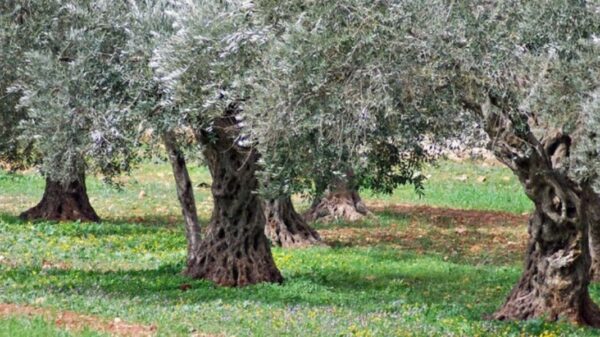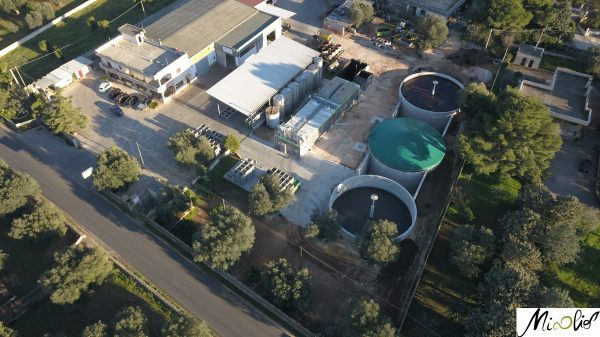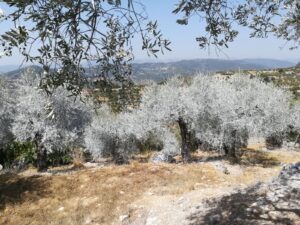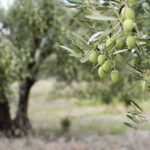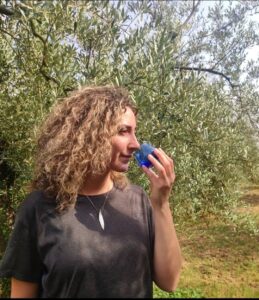 During the TV broadcast "Guess Who's Coming to Dinner", the journalist Sabrina Giannini has gutted one of the mantras that echoes all over the world: the "Made in Italy". With a critical eye, the investigation underlines how Italian agriculture, the cradle of tradition and authenticity, is unable to fully exploit the small-medium producers of high quality raw materials by cutting them out, in most cases, for example, from financing Europeans. Small producers, to cope with competitive import prices, find strength by cooperating in order to guarantee quality products without speculating on the final consumer in compliance with the law.
During the TV broadcast "Guess Who's Coming to Dinner", the journalist Sabrina Giannini has gutted one of the mantras that echoes all over the world: the "Made in Italy". With a critical eye, the investigation underlines how Italian agriculture, the cradle of tradition and authenticity, is unable to fully exploit the small-medium producers of high quality raw materials by cutting them out, in most cases, for example, from financing Europeans. Small producers, to cope with competitive import prices, find strength by cooperating in order to guarantee quality products without speculating on the final consumer in compliance with the law.
Pointing the magnifying glass at the olive-oil sector Ismea's latest report highlights the pulverization of Italian olive farms characterized by a farm/hectare ratio of 1,87 hectares; in detail more than 40% have an olive grove area of less than 2 hectares and only 2,5% exceed 50 hectares. For Italy, aiming for mass production like the Spanish one represents an uncompetitive strategy from the outset, given that production in Spain from the 90s to today has almost tripled from 590 thousand to 1,4 million tons (drought and global warming permitting). By contrast, in Italy in the last 25 years there was a drop in production, settling in the years of office a just over 300 thousand tons per year. On the one hand, the growing interest in super-intensive systems with the aim of maximizing the number of plants per hectare, mechanising cultivation practices and reducing production costs; on the other small hectare productions that enhance the uniqueness of the Italian varietal heritage and therefore biodiversity, one “free wealth”. In Italy alone there are more than 500 cultivars capable of delineating unique sensory profiles in the world worthy of the well-known Made in Italy. While the province of Jaen, in Spain, which represents the capital of olive oil, boasts 60 million olive trees mainly of only two varieties, the Picual and the Arbequina.
To underline the uniqueness of high quality oils is Maurice Servili, professor of Food Science and Technology at the University of Perugia, expert in oil quality and technological innovation in the mill, explains how quality extra virgin olive oils are distinguished from all the others: “Not all EVOOs are the same; if free from pesticides, phthalates and other harmful substances they are not harmful to health, but to do well an EVO oil must contain high levels of oleic acid, vitamin E and phenolic compounds”. He goes on to clarify that the essential qualitative characteristics for a high quality oil are bitter and spicy from a gustatory point of view and the herbaceous and/or floral olfactory qualities. The perception of bitterness and pungency is related to the concentration of phenolic compounds in particular of oleocanthal, oleacin and the aglycone forms of oleuropein and ligustroside. Therefore, the phenols in the oil have an anti-inflammatory action and contribute significantly to the prevention of cardiovascular diseases such as atherosclerosis and heart attack.
The transmission proceeds by pointing out that the main oil bottling industries in Italy are in the hands of foreign multinationals. However, the Monini company stands out among these. To protect the quality and Italian production stands as a spokesperson Zefferino Monini, CEO of the company, who promotes their recent progress in national olive growing and personally demonstrates their dedication in the daily tasting of the oils constituting their blends and PGI and DOP branded products with the intention of enhancing the quality of each single bottle respecting the expectations of the final consumer.
The picture of the situation summarized by the journalistic investigation shows that, despite the good news of the “food sovereignty”, the truth is that we are far from being self-sufficient in various food sectors, especially olive growing. Finding yourself subjugated by the frenetic variability of prices does not do justice to the honest work often conducted at the family level. We are demanding transparency along the supply chain, the dignity of farmers and seasonal workers and the equitable redistribution of European support so that the younger generations can undertake the agri-food sector with enthusiasm and entrepreneurial flair.

